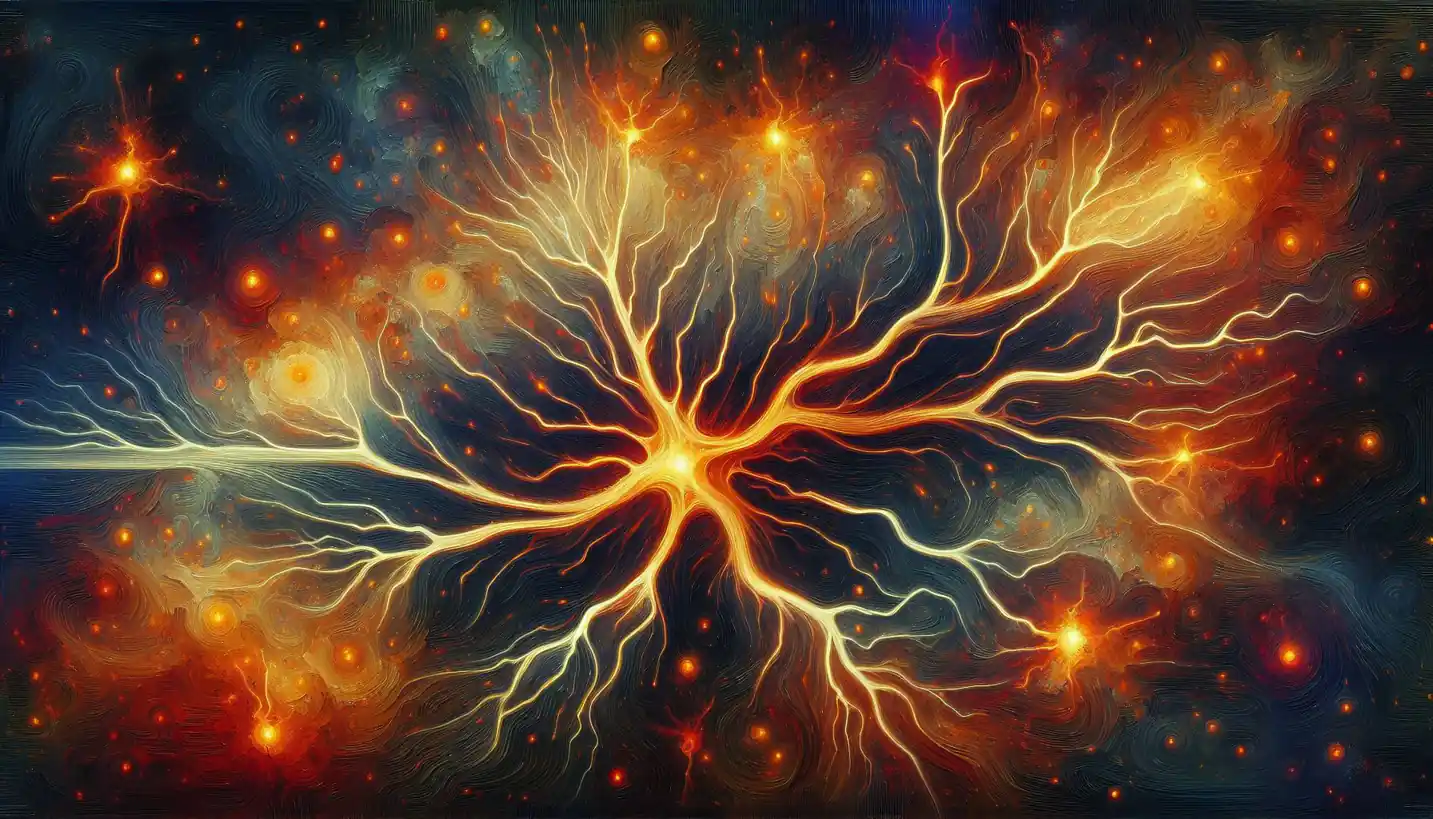· Biology · 5 min read
Epigenetics: The Molecular Switchboard in Biotechnology and Biology
Epigenetics explores how environmental factors can alter gene expression. Discover the implications this has on health, disease, and biotechnology.

Every day, our bodies perform a symphony of activities encoded by our DNA. But how do our cells know which parts of our genetic code to use or ignore? This orchestra is conducted by something called “epigenetics.” Rather than altering the genetic code itself, epigenetics involves turning genes on and off, much like adjusting the volume on a stereo.
What is Epigenetics?
Let’s dive into what makes epigenetics so intriguing. Imagine your genes as the blueprint for a building. This blueprint contains all the possible designs and features the building could have. However, the actual construction is guided by additional instructions, like where to put the windows or paint. In biology, these guiding instructions are epigenetic modifications. They don’t change the genetic “blueprint” but influence how the body reads and executes these plans.
Epigenetic changes are mainly of two types. First, there’s DNA methylation. It’s like sticking tiny chemical notes onto specific parts of your genetic code, saying “read this” or “ignore this” to the cellular machinery. The second involves changes to histones, the proteins around which DNA wraps. This is like packing or unpacking sections of a bookshelf; some books are easy to grab, while others are tucked away and hard to reach.
How Epigenetics Shapes Us
Everyone wonders at some point: Why am I different from my parents or siblings, even though we share similar genes? Epigenetics plays a significant role in these differences. It can be affected by various factors, including diet, stress, and environmental influences. These factors can lead to changes in gene expression, impacting everything from physical traits to susceptibility to certain diseases.
Take identical twins, for example. They share nearly identical genetic codes, yet as they age, they can develop different traits or health conditions. This variation is often due to epigenetic changes accumulated over their lifetimes, influenced by their unique experiences and environments.
A Story of Evolution and Memory
Epigenetics isn’t just about individual development; it also tells a fascinating story about evolution and memory. Imagine your body having a memory, not just in your brain but in every cell. This “memory” allows your cells to remember past experiences and adapt their behavior, which is passed down to new cells.
Consider this: during a famine, certain genes in a population might be turned on or off for survival, and these changes can sometimes be passed on to offspring. This adaptation shows how epigenetics might have played a role in evolution, helping species survive through tough times by temporarily tweaking their genetic expressions.
Epigenetics in Biotechnology
The field of biotechnology is bursting with possibilities because of epigenetics. Imagine being able to turn off genes causing disease or turning on those that could promote healing. This potential has led to groundbreaking research in cancer therapy. Cancer cells often have abnormal epigenetic markers, so scientists are exploring ways to correct these anomalies. Think of it as resetting the switches on a malfunctioning device to get it back to working order.
Moreover, epigenetic research has huge implications for regenerative medicine. We dream of being able to reprogram cells to become other cell types, like transforming skin cells into nerve cells for treating neurological disorders. Epigenetic mechanisms could hold the key to unlocking these regenerative capabilities.
A Window into Personalized Medicine
In terms of healthcare, epigenetics opens the window to personalized medicine. Since epigenetic changes can be influenced by lifestyle and environment, they offer a path to tailor treatments uniquely suited to an individual’s genetic and epigenetic makeup. Imagine a world where treatments for conditions like diabetes or heart disease are customized based on your epigenetic profile, leading to more effective outcomes.
Scientists are already developing drugs that specifically target epigenetic changes, aiming for more precise interventions with fewer side effects compared to traditional medications.
The Brain’s Epigenetic Orchestra
The brain is a complex organ, and epigenetics plays a crucial role in its function. It helps in forming memories, learning, and even in mood regulation. For instance, chronic stress can lead to epigenetic changes in the brain that affect mood and increase the risk of depression. Understanding these processes holds promise for developing new treatments for mental health disorders.
Researchers are investigating how changing the epigenetic marks in the brain could reverse harmful effects of stress or neurological disorders, potentially providing new therapies for improving mental health.
The Future of Epigenetics and Biology
The field of epigenetics is relatively new but rapidly evolving. There’s still so much to discover about how these changes occur, how long they last, and what their full implications are in human health and disease. It’s a bit like exploring a mysterious new island; every discovery opens up ten more questions.
Continued research into epigenetics promises not only to provide deeper insights into biological processes but also to revolutionize how we approach medicine and biotechnology. The potential to correct epigenetic errors or harness their mechanisms for healing and growth could lead to breakthroughs we can only dream of today.
In conclusion, epigenetics serves as the molecular switchboard of life, guiding the symphony of gene expression that shapes who we are. Its influence spans from our individual characteristics to overarching evolutionary strategies, making it an incredibly rich field ripe with promise and mystery. As research continues, it sparks the imagination of what we might achieve by understanding and harnessing these powerful molecular levers. The future, it seems, is written not just in our genes but in the ever-shifting epigenetic marks that dance along our DNA.



